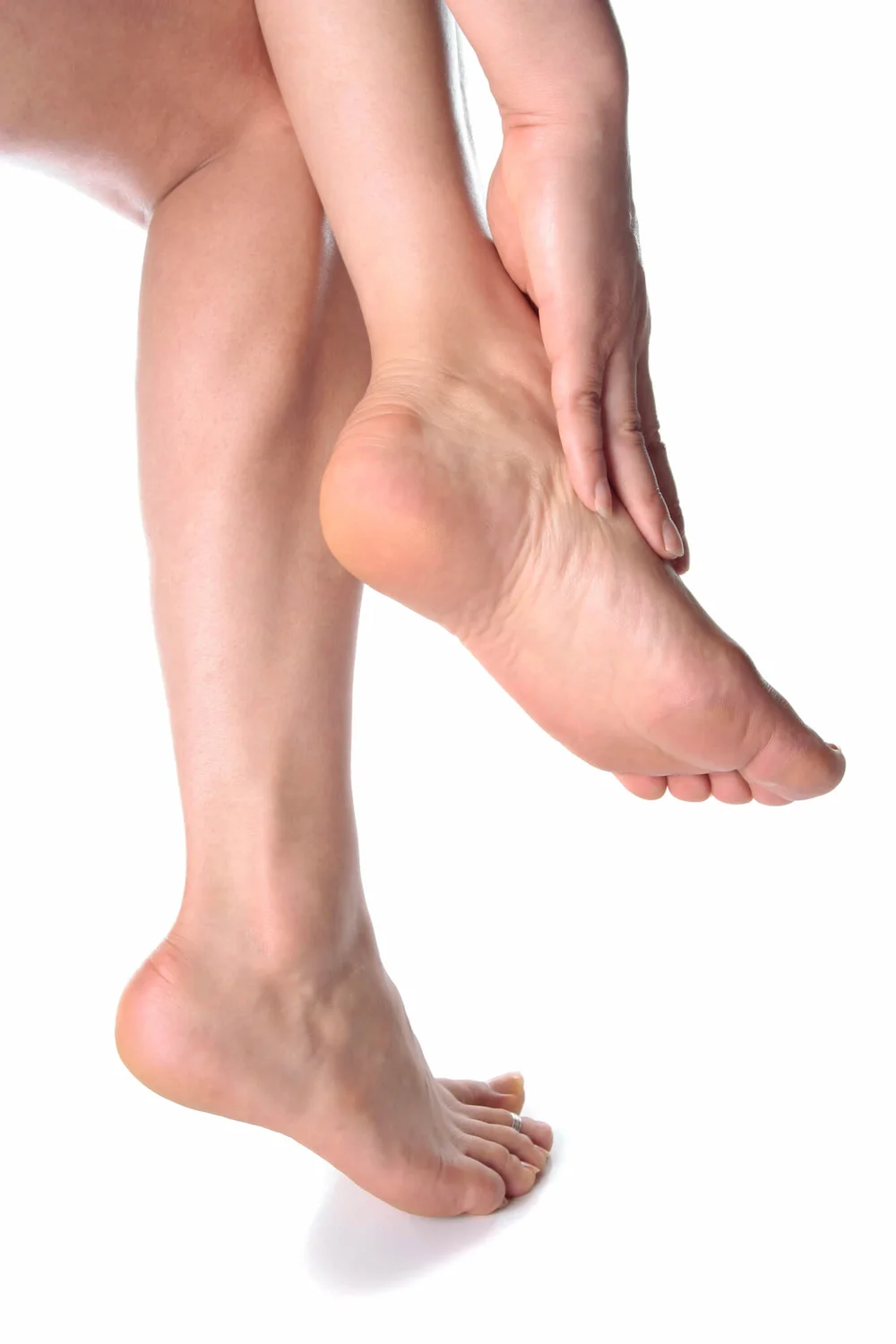Peripheral Neuropathy Providers in Pasadena, CA
Understanding Peripheral Neuropathy and How to Manage Nerve Damage
At iSpine in Pasadena, CA, we understand the challenges that come with peripheral neuropathy, a condition that affects millions of people worldwide. This nerve disorder can lead to numbness, tingling, burning pain, muscle weakness, and loss of coordination, often starting in the hands or feet.
Our goal is to help you understand what peripheral neuropathy is, how it affects the body, its causes, and what steps you can take to manage this complex condition effectively.

What is Peripheral Neuropathy?
Peripheral neuropathy refers to damage or dysfunction of the peripheral nervous system, which consists of nerves outside the brain and spinal cord. These nerves relay information between the central nervous system and the rest of the body, including the limbs, organs, and skin.
When these nerves are damaged, they can misfire or fail to transmit signals properly, leading to a variety of symptoms that range from mild discomfort to severe, disabling pain or loss of function.
Types of Peripheral Neuropathy
Sensory Neuropathy
Affects sensory nerves that control sensations like touch, temperature, and pain.
- Symptoms: Numbness, tingling, burning pain, sensitivity to touch, loss of balance
Motor Neuropathy
Affects motor nerves responsible for controlling muscle movements.
- Symptoms: Muscle weakness, cramps, spasms, difficulty with coordination or fine motor skills
Autonomic Neuropathy
Affects autonomic nerves that control involuntary body functions like digestion, heart rate, and blood pressure.
- Symptoms: Digestive issues, dizziness when standing, bladder dysfunction, sweating abnormalities
Combination Neuropathy
Many people experience mixed neuropathy, which affects two or more types of nerves, resulting in a combination of symptoms.
Common Causes of Peripheral Neuropathy
Diabetes (Diabetic Neuropathy)
The most common cause, diabetic neuropathy results from high blood sugar levels damaging peripheral nerves, especially in the feet and legs.
Chemotherapy-Induced Neuropathy
Certain chemotherapy drugs can cause nerve damage, leading to numbness, tingling, and pain in the hands and feet.
Vitamin Deficiencies
Deficiencies in vitamin B12, B6, or E can impair nerve function.
Alcoholism
Excessive alcohol consumption can damage nerves over time, leading to alcoholic neuropathy.
Autoimmune Disorders
Conditions like lupus, rheumatoid arthritis, and Guillain-Barré syndrome can cause the immune system to attack nerve tissues.
Infections
Lyme disease, shingles (post-herpetic neuralgia), HIV/AIDS, and hepatitis C can lead to peripheral neuropathy.
Nerve Compression or Trauma
Injuries or repetitive strain can cause nerve compression, such as carpal tunnel syndrome or sciatica, leading to localized neuropathy symptoms.
Signs and Symptoms of Peripheral Neuropathy
Sensory Symptoms
- Numbness or reduced sensation in the hands or feet
- Tingling or pins-and-needles feeling
- Burning, sharp, or electric-like pain
- Sensitivity to touch or temperature changes
- Loss of coordination or balance, especially in the feet
Motor Symptoms
- Muscle weakness in the limbs
- Cramps or twitching muscles
- Difficulty with fine motor tasks (e.g., buttoning a shirt)
Autonomic Symptoms
- Digestive issues (e.g., constipation, diarrhea)
- Dizziness or fainting (due to blood pressure changes)
- Bladder control issues
- Excessive or reduced sweating
Peripheral Neuropathy Progression
Early Stage Symptoms
- Mild numbness, tingling, or occasional burning sensations
- Symptoms may come and go but gradually increase in frequency
Moderate Stage Symptoms
- More persistent pain and discomfort
- Increasing muscle weakness and balance problems
- More noticeable interference with daily activities
Advanced Stage Symptoms
- Severe numbness and loss of sensation
- Muscle atrophy or paralysis in affected areas
- Increased risk of falls and injuries due to lack of sensation

Frequently Asked Questions (FAQ) About Peripheral Neuropathy
What does peripheral neuropathy feel like?
It can feel like numbness, tingling, burning, or sharp, stabbing pain, often in the hands or feet. Some people experience muscle weakness or loss of coordination.
Can peripheral neuropathy be reversed?
In some cases, if the underlying cause is treated early (e.g., controlling diabetes, correcting vitamin deficiencies), symptoms can improve. However, if nerve damage is severe, it may not be fully reversible.
How is peripheral neuropathy diagnosed?
Diagnosis typically involves a physical exam, neurological tests, and reviewing your medical history. Additional testing like nerve conduction studies, EMG, blood tests, or imaging may be used.
Does peripheral neuropathy always affect the feet and hands?
Yes, peripheral neuropathy most commonly affects the hands and feet, but it can also impact other areas depending on the nerves involved.
Can peripheral neuropathy affect balance?
Absolutely. When sensory nerves in the feet are damaged, it can impair balance and coordination, increasing the risk of falls.
Take Action Against Peripheral Neuropathy Today
Understanding peripheral neuropathy is the first step toward managing your symptoms and maintaining nerve health. If you’re experiencing numbness, tingling, burning pain, or muscle weakness, don’t wait for the condition to worsen.
Contact iSpine in Pasadena, CA, today to schedule a consultation and learn more about managing peripheral neuropathy effectively.


